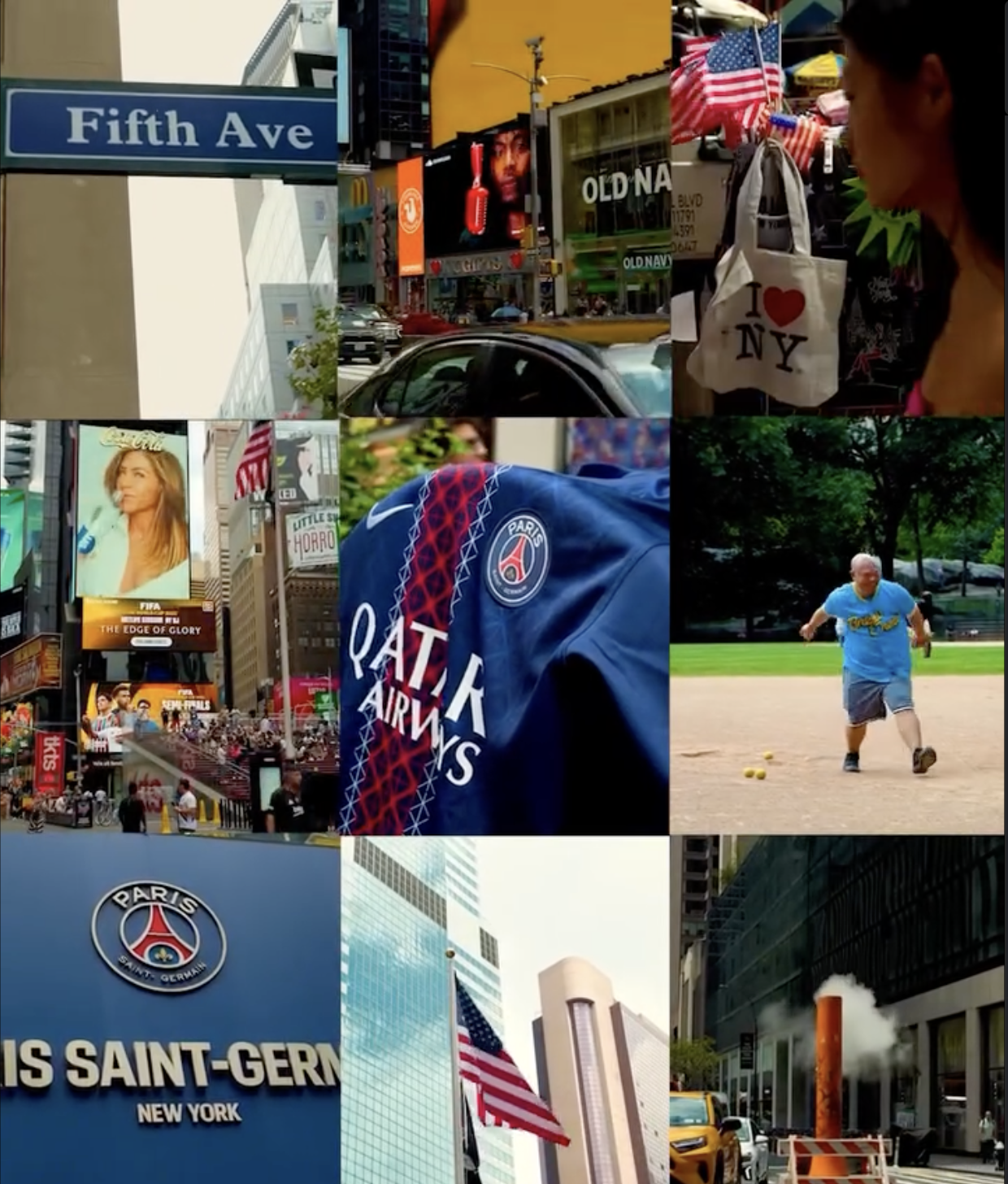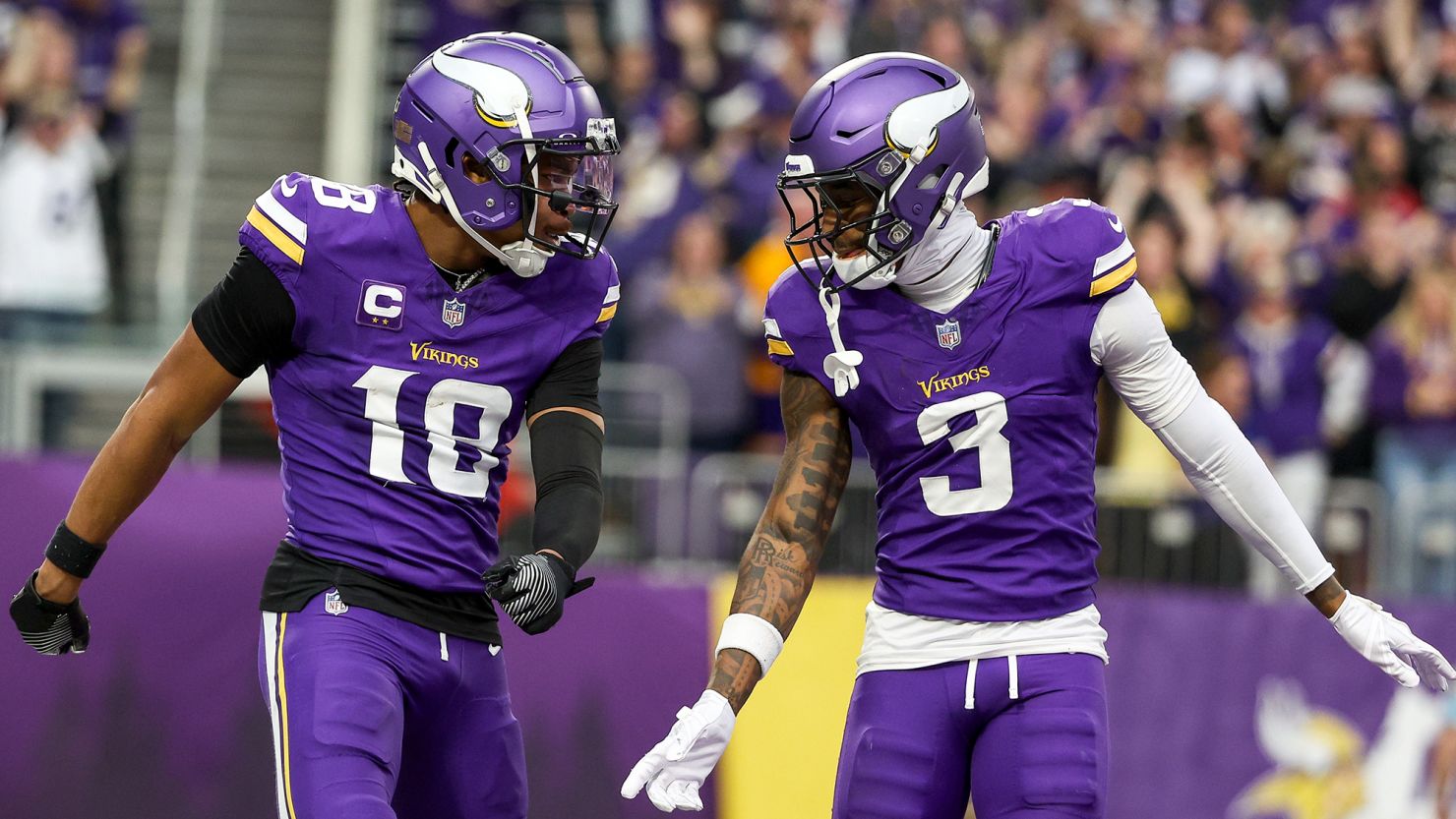Credit: The Athletic
Paris Saint-Germain (PSG) has redefined what it means to be a football club in the modern era. Rooted in the iconic city of Paris—known for its art, fashion, cuisine, and culture—PSG has fused sport and lifestyle to become a global brand that transcends the boundaries of football.
From Paris to the World
PSG has strategically leveraged its geographic and cultural assets. The club’s leisurewear, prominently branded simply as ‘Paris,’ is designed to appeal far beyond Ligue 1 supporters. The Eiffel Tower on its crest, the use of French national colors, and music and cuisine in brand activations all reinforce a Parisian identity that resonates globally.
This vision has enabled PSG to open flagship locations alongside luxury brands in cities like New York and Los Angeles, where their recent pop-up store on Melrose Avenue coincides with their participation in the FIFA Club World Cup.
Strategic Collaborations and Brand Expansion
PSG’s marketing sophistication is reflected in its partnerships. Collaborations with Jordan Brand and Dior have turned the club into a fixture in global fashion and streetwear. The club’s 2018 deal with Jordan was a watershed moment—the first time the Air Jordan logo appeared on a football kit.
This fusion of sport and fashion allowed PSG to reach a broader audience, including non-football fans. The Jordan Brand, which generated $7 billion in revenue in 2024, provided PSG with a platform to position itself as more than a club—it became a lifestyle symbol.
Commercial and Financial Strategy
Since Qatar Sports Investments (QSI) acquired PSG in 2011, the club has gone through a transformational phase. From a €70 million purchase, PSG is now valued at over €4.25 billion, with a 12.5% stake sold to U.S.-based Arctos Partners in 2023. Arctos brings capital and expertise in consumer-first venue design, positioning PSG to redevelop its stadium in line with modern fan experience standards.
PSG’s infrastructure expansion is evident in their state-of-the-art Poissy training facility and their ongoing stadium development plans—echoing trends seen in the U.S. sports market.
International Growth and American Ambitions
Despite global recognition, PSG recognizes that its brand equity in North America remains underdeveloped. According to industry experts, even with star signings like Messi, Neymar, and Mbappe, general U.S. awareness of the club is limited.
To bridge that gap, PSG continues to invest in brand activations and strategic partnerships, including a reported dialogue with the NBA regarding potential expansion into Paris. The goal is clear: become as culturally relevant in North America as they are in Europe and Asia.
Cultural Capital and Competitive Advantage
What truly sets PSG apart is its ownership of cultural capital. As Gareth Balch of Two Circles puts it, “You can export Paris, and the vibes that come with it.” From music to food to fashion, PSG isn’t just selling football—they’re selling Paris.
This deep association with a city known globally for luxury and style gives PSG a competitive advantage few clubs can replicate. Their marketing strategy doesn’t just emphasize elite performance on the pitch, but also a lifestyle off it.
From Superstars to Sustainable Growth
Ironically, PSG achieved its greatest sporting milestone—winning the Champions League in 2024—after moving away from the superstar era. While Messi, Neymar, and Mbappe were instrumental in building global awareness, PSG’s future appears focused on sustainable growth, infrastructure, and brand depth.
Their ability to remain globally relevant post-superstars will be a true test of their brand strategy.
Consulting Insights: What PSG Can Teach the Sports Industry
At 365247, we help clubs, leagues, and investors navigate the intersection of sport, culture, and commerce. PSG’s model provides several takeaways:
- Cultural Positioning Is Everything: PSG isn’t just from Paris—they are Paris. Cultural context enhances global brand equity.
- Partnerships Must Be Transformational: The Jordan collaboration wasn’t just a sponsorship—it changed how football brands engage fashion and lifestyle.
- Infrastructure Drives Long-Term Value: Strategic investments in training facilities and stadiums are critical to modern fan engagement.
- Content Over Trophies: PSG’s global brand was built on storytelling, visual identity, and emotional appeal as much as silverware.
Ready to Elevate Your Brand?
Whether you’re a club looking to internationalize, a league exploring new commercial models, or an investor assessing sports properties, our consulting team can help you build, scale, and differentiate your strategy in a crowded marketplace.
Contact us today to learn how we can unlock your brand’s global potential.


